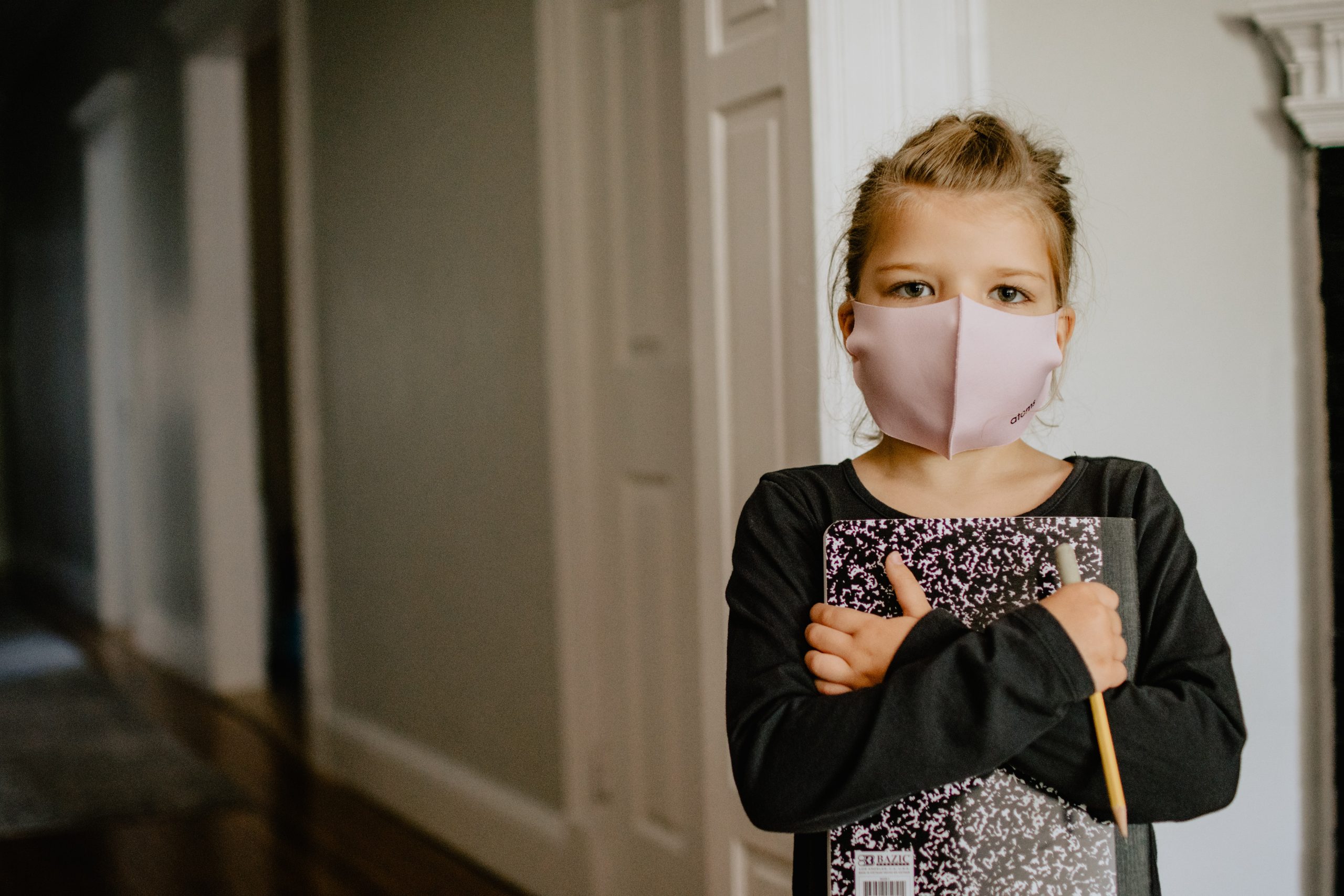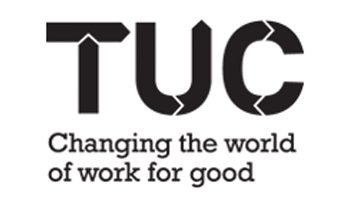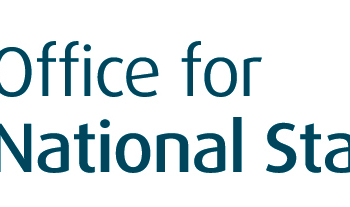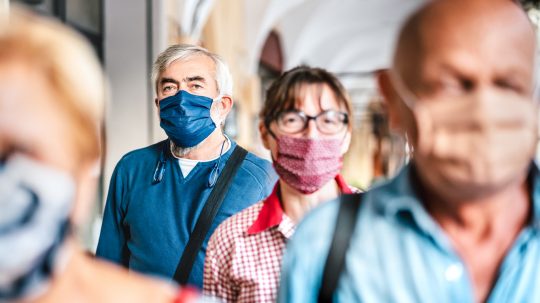The Office for National Statistics estimates that nearly one million people in the UK had ‘Long COVID’ in July 2021. This has added to the rising concern that, even if we ‘learn to live with the virus’, there will be a long-term impact on society and, for those who contract Long COVID, there are life changing implications.
Long COVID is where symptoms of Covid-19 are reported to have lasted for longer than four weeks but there is still a lot that is unknown about Long COVID, including why it’s triggered, who will get it and how long it will take to make a full recovery, if one is made at all.
But what we do know is extremely concerning: there are 21 usual symptoms of Long COVID which range from fatigue and brain fog to less common symptoms including acute kidney injury and cardiovascular symptoms, and we know that people tend to have multiple symptoms.
Access to work is essential for people to live in dignity and put food on the table
A recent TUC survey and report into Long COVID I wrote found that, on average, respondents had nine symptoms that fluctuated. This makes it really difficult to make plans about returning to work, even with a phased return. Many respondents to the survey reported relapsing after they thought they were fit to return to work.

Credit: Ayo Ogunseinde / Unsplash
The survey found that nine in ten respondents experienced fatigue, over seven in ten experienced brain fog, seven in ten had shortness of breath, over six in ten had difficulty concentrating and just over half had memory problems. The more you look into Long COVID, the more concerning it is.
Importantly, almost three in ten respondents had been experiencing Long COVID symptoms for 12 months or more. This is significant because in order to be protected under the disability provisions of the Equality Act, a person has to have a condition that has a “substantial” and “long-term impact” on their ability to do normal day-to-day activities. Long term is usually taken to mean 12 months or more.
Disabled people are protected by the Equality Act from discrimination, harassment and victimisation. Crucially, employers have a duty to make reasonable adjustments for disabled workers which can include flexible working arrangements, longer rest breaks, specialist software or equipment.

Credit: Kelly Sikkema / Unsplash
Despite the fact that many workers who have Long COVID should be protected by the Equality Act, it is clear that they are not receiving those protections in any meaningful way.
Over half of those who responded to the survey had experienced some form of discrimination or disadvantage. Workers were faced with disbelief and suspicion, with around one fifth having their employer question the impact of their symptoms and one in eight having been questioned by their employer about whether they had Long COVID at all.
If the government is unable to eliminate Covid-19, it can at least protect workers’ livelihoods
Workers with Long COVID told us what they asked their employer to do to help them return to work. Many asked for flexibility. Respondents stated flexibility would help them manage their fluctuating conditions such as ‘longer/more frequent breaks’ or ‘amended duties.’ Sadly these changes had the highest discrepancy between being asked for and employers actually putting them in place.
Access to work is essential for people to live in dignity and put food on the table. A real concern that my research found was the amount of sick leave workers had been forced to take due to their Long COVID symptoms and the consequences of this. For example, around one in six respondents reported the amount of sick leave they had taken had triggered absence management or HR processes and one in 11 respondents had used up all of their sick leave and had been told there would be negative consequences if they took more.

Credit: Jeshoots.com / Unsplash
Most worryingly, one in 20 respondents had been forced out of their jobs because they had Long COVID. This isn’t right: workers who have Long COVID need their jobs to be protected. If my survey results hold true and 30% of the one million people who had Long COVID in July still have it, there are 300,000 people whose livelihoods are at risk.
Currently, in order to be covered by the disability provision of the Equality Act, workers with Long COVID would have to take an Employment Tribunal and, on a case-by-case basis, prove their condition would have a substantial long-term adverse effect on the worker’s ability to carry out day-to-day activities. The financial and emotional load makes an employment tribunal case a significant burden for anyone, let alone workers who are experiencing Long COVID symptoms. Workers should not have to take an employment tribunal to prove that Long COVID has a substantial and long-term impact on their ability to do normal day-to-day activities.
The government needs to step up and strengthen the Equality Act 2010 by specifying that Long COVID is a disability. This would mean employers would need to put in reasonable adjustments for people with Long COVID and protect them from discrimination, harassment and victimisation. And that’s what we’re calling on them to do: to recognise Long COVID as a deemed disability in law.
If the government is unable to eliminate Covid-19, it can at least protect workers’ livelihoods.
The views expressed in this article are those of the author and do not necessarily reflect the views of EachOther.
Find out more in the latest EachOther video exploring Long COVID and human rights, made with help from Long COVID Scotland.









